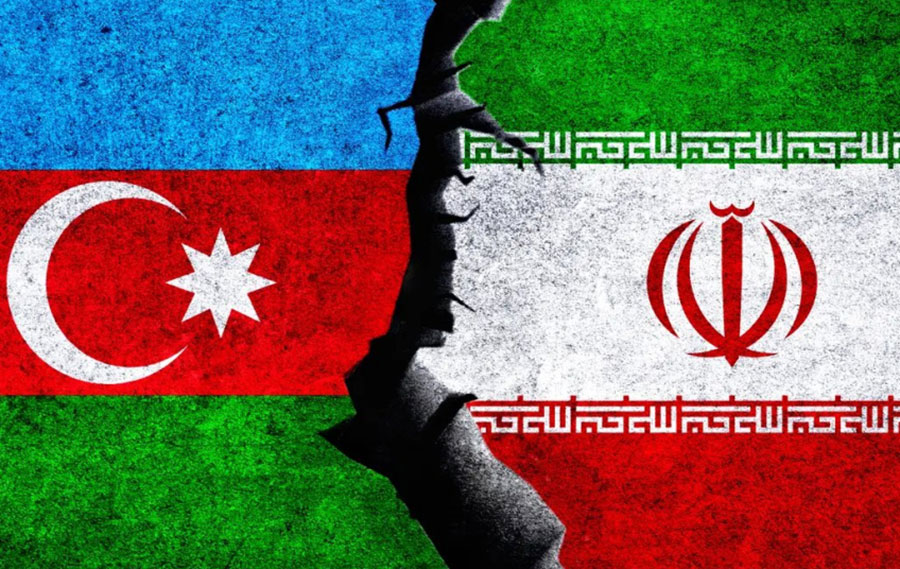It is acknowledged in political science that nations emerged in the 19th century. Since that time, Armenian linguistic thought has considered the concepts of “ethnicity,” nationality, and “nation” to be on the same level of meaning. The synonymous perception of these terms in public discourse often causes difficulties in formulating precise political meanings.
A nation is a political category that implies the identity of a country’s citizens with internationally recognized political institutions. For example, Azerbaijanis, Kurds, and Baloch in Iran are considered one nation – Iranian – but with different nationalities. This is a classic definition, but the question arises: to what extent are these mentioned nationalities integrated into Iran, and to what extent do they consider themselves politically Iranian?
In the United States and France, integration is more complete, unlike in Iran, where integration is based on Shia-Islamic ideology, which creates a problem among Sunni Muslims, while in the same France and the United States, national self-awareness is based on civic values, rights, and responsibilities. This is very important in order to understand what possible confrontations could carry significant implications for our region, in particular, based on the current manifestations of deterioration of relations between Iran and Azerbaijan, about which breaking news can be found in the media every day.
In this respect, we see certain similarities both in the attempts of Ukraine-Azerbaijan rapprochement, and parallels in the simultaneous developments of the Russian-Ukrainian war and the Azerbaijani-Iranian tension. The state policy of Ukraine and Azerbaijan is based on nationalism, with extreme manifestations, and sometimes on hate speech. It is no coincidence that in Ukraine, they accepted the results of the last war in Artsakh with great joy, considering that it paves the way for them to solve their own problem in the same way.
Read also
There are also ideological similarities. If Ukraine believes that the Russian state was born in Ukraine, in Kiev, then in Azerbaijan, they are convinced that the Turks united Iran on the ruins of historical Iran, which collapsed after the Arab invasions in the 7th century, and before that there were, as it were, Turkic tribes in possession. In other words, they want to convince themselves and others that the Turks are a state-creating ethnic group in Iran, and it is not ruled out that they will have ambitions for the Azerbaijani provinces of Iran in the future.
The bases of state-building of Russia and Iran are completely different. Both are multinational empires (the word “empire” here, it seems, does not fully capture the depth of the term – ed.), while Azerbaijan and Ukraine are examples of nationalism. Ukraine is anti-Russia by nature, Azerbaijan is anti-Iran. They are conflicts based on incompatibility between empires on the one hand and nationalist projects on the other.
Thus, it can be predicted that as the Russian-Ukrainian contradictions deepen and heat up over many years, which ultimately led to war, the escalation of the Azerbaijani-Iranian sides, whose axes of statehood creation are mutually exclusive and can proceed in the same way.
ACNIS (The Armenian Center for National and International Studies)




















































